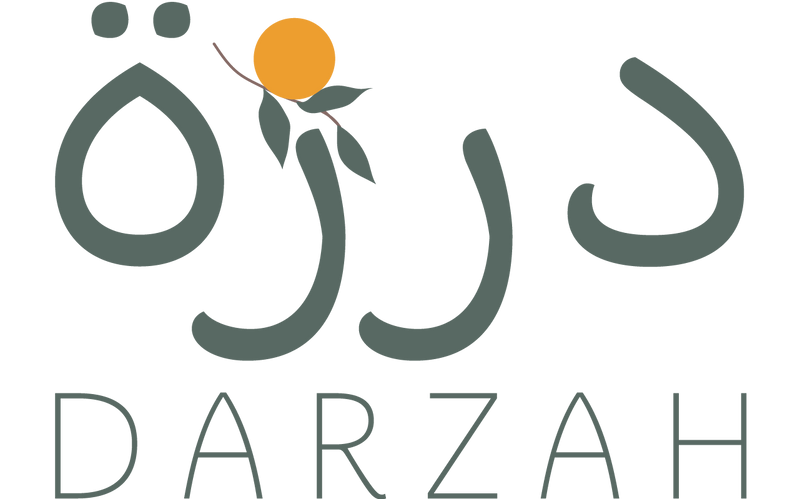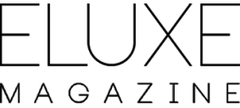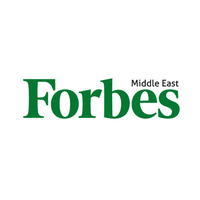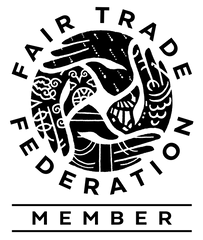As we navigate our daily lives, we pay little attention to how our actions affect the world, its people, and the environment. For example, on your way to work, you may buy a coffee from a local café. Do you know where the coffee beans were sourced from? Or what are the economic and health conditions of the farmers who grow coffee beans? The answer is likely to be “no.” It is understandable that we do not pay attention to these details, yet it is of the utmost importance that we do because we can make the world a much better place if we become conscious of where our goods and products come from.
Everything that we consume (food, clothes, machinery, etc.) comes from the hard work of various workers spread across the globe. As our impact continues to expand, choosing fair trade becomes paramount. Fair Trade ensures that every worker involved in the process of production and manufacturing is paid fairly and treated justness, dignity and respect.
Fair trade and Darzah
The Fair-Trade movement began in the 1940s when various European traveling merchants noticed that many local artisans and farmers had trouble maintaining their businesses. As the local middlemen sold goods for profit, those who made the products received very little income from it. Thus, started the Fair-Trade movement with traveling merchants coming together to create a more just and equitable supply chain.
Today, there are various Fair-Trade organizations that work to bring equality, ethics and transparency in the supply chain, including Fair Trade International, Fair Trade Federation, European Fair-Trade Association, and more. Each of these organizations have set standards that companies need to comply with in order to receive the Fair-Trade stamp of approval. Some of these standards include democratic working conditions, no slave or child labor, living wages, security of workers in case of crisis, safe working conditions, transparent and ethical supply chain, and so on.
Darzah is certified by the Fair-Trade Federation. When we started in 2016, our primary goal was, and continues to be, economically empower Palestinian women and refugee artisans. In order to economically empower our artisans, we must pay fair wages, provide workers with fair, safe working conditions and maintain transparency. At Darzah, we provide our artisans with living wages and optimal working conditions and ensure that every woman feels confident to contribute and express her opinions. Additionally, we ensure a transparent, ethical and fair supply chain. All the raw materials for Darzah products are sourced locally from family run businesses. This helps us in contributing to the local economy.
Why Fair trade?
Not only is fair-trade good for the people but for the planet as well. The industrial Revolution and the free trade movement encouraged businesses to be more profit oriented. More production= More sales= More profit.
To increase production, farmers use chemical fertilizers which give them higher crop yields. This leads to pressure on agricultural lands and other resources. For example, cotton production requires heavy usage of water resources. This has led to water bodies drying up. One such example is the drying up of the Aral Sea which is spread across Kazakhstan and Uzbekistan (one of the largest cotton-producing countries). Another way through which the fashion industry pollutes rivers and oceans is the dyeing of raw or semi-finished materials. Most of the fashion industry products use chemical dyes which contain lead, mercury, and other toxins which are extremely harmful to the environment. To add to that, dyeing being a water-consuming process increases its level of water pollution. Many textile factories in developing countries let this untreated toxic water with chemicals out into the nearby river streams leading to pollution of drinking water and the oceans! However, in the case of natural dyes, water usage is lesser and the used water remains intoxicated as these dyes are made from plants and minerals.
At Darzah, we use natural vegetable dyes for 80% of our shoes and bags. We purchase our leather from family-owned companies in Khalil, which is on the West Bank. These families purchase the remains of the animals after the local butchers are finished. This helps decrease the amount of waste produced by the meat industry.
How to make a difference?
One of the ways to make a tangible difference is through our fashion choices. Fashion is a part of our everyday life and thus an accessible medium for us to truly make a difference to the planet by what we choose to wear and whom we choose to buy, or not buy, from. In addition to buying less, we can choose brands with ethical productions that are fair trade certified. Typically, these brands are environmentally friendly and people-friendly and their products are durable, ethical, and sustainable. Fair trade products may cost a little more but they tend to last much longer. You can check our fair trade products here
About our brand Darzah:
Darzah is a non-profit ethical fashion brand creating authentic, handmade products. We use the tatreez embroidery style in our products, which is a traditional art form passed on through women from one generation to the other. Our artisans are women from the West Bank who have historically suffered from marginalization. Our goal is to economically empower them by providing job training, employment opportunities, and a fair income.
All our products are 100% handmade. We collaborate with skilled shoemakers in Al-Khalil/Hebron to manufacture the products, and our artisans hand-embroider and assemble our designs with beautiful tatreez motifs. All of our leather is locally sourced from a family-run leather manufacturer in the Al-Khalil region.
Each and every purchase from Darzah contributes to artisan salaries, employment programs, and job training in the West Bank.












